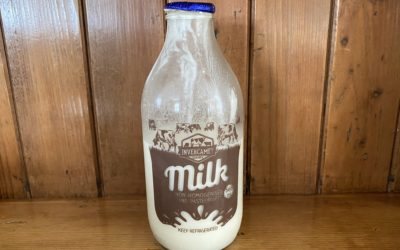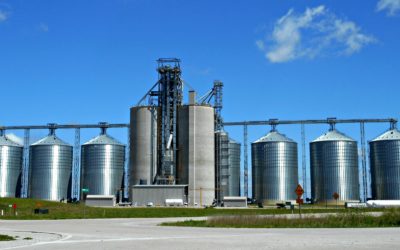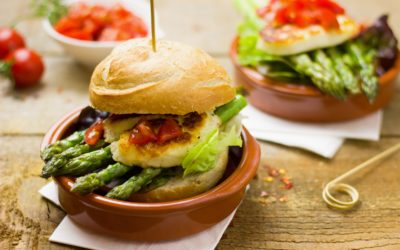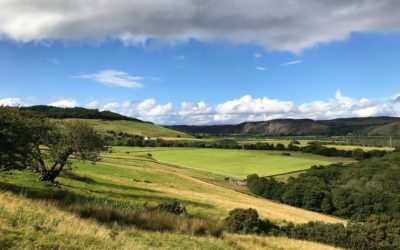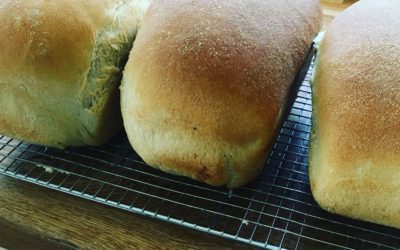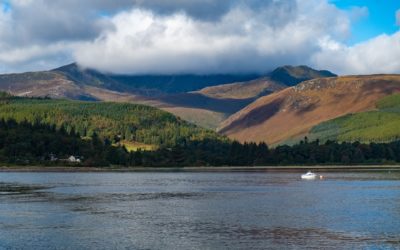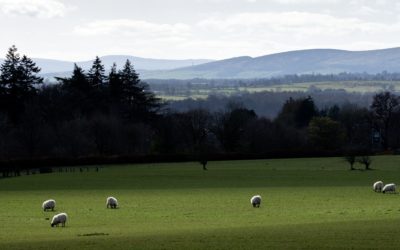The ‘race to the bottom’ can’t continue for farmers and the food they produce. So, I was heartened, to see Bali Nijjar, MD of Freshways, the London-based dairy processor, calling on retailers to ‘value milk appropriately’ as he announced that the price his business will pay farmers for a litre of milk will reach 40 pence from 1 May.
Blog Articles
Ukraine adds to commodity volatility
Just when supply chains didn’t need another crisis, Vladimir Putin decides to invade Ukraine. The human impact on Ukrainian people is almost impossible for us to comprehend, from the safety of our country and homes. Normal life, one day replaced by tragedy, fear, and loss the next.
An Army for Agriculture
Prior to Christmas 2021, several UK grower associations said that many of their members were not going to risk planting horticultural crops this season because they couldn’t guarantee the labour they needed to pick, pack and transport their produce. Farming and forestry businesses are also struggling to recruit and retain good, committed people, particularly in remote and rural locations.
‘Coming up roses’ for Jane Craigie Marketing’s latest recruit
Jane Craigie Marketing (JCM) has strengthened its team and continued a commitment to support young people in rural areas, with the appointment of Rose Moggach (23), whose skills and interest in the rural economy will complement the existing team.
Quelling the appetite for Veganuary
January has become the month of food and drink campaigns; some are health-centric, others have an emphasis on the environment. Dry January means no alcohol; Veganuary is a switch to a vegan diet and now we have Regenuary, which has a pro-regenerative farming, pro-meat and anti-vegan mission.
Navigating through Carbon Confusion
In England this week, George Eustice announced more detail on Defra’s Sustainable Farming Incentive (SFI), for which 1,000 farmers are already signed up. The scheme starts to give some clarity to farmers on what to expect from the next phase of agricultural support. SFI will pay farmers between £22-58/ha to test soils, sow herbal leys and create soil management plans.
Making bread – the art, the science and the joy
Making bread is a joy. It brings pleasure in its making, its baking and its eating. Nothing compares to the smell of freshly baked bread – apart from maybe freshly ground coffee and cut grass. Breadmaking is also the endpoint in the growing process, which from sowing to harvest takes 10-or-so months of a farmer’s time and care. It is also the culmination of a plant breeder’s 10-year quest for a variety that is suitable for the structure and integrity needed in a loaf.
Code red or green for Scotland?
The number of people attending COP26 is staggering. Over 25,000 world leaders, 100,000 demonstrators and 10,000 police officers are in the city gathered to address the climate ‘code red for humanity’. I was privileged to speak at a COP26 fringe, on achieving a ‘just’ transition towards net-zero for rural Scotland. At the heart of a fair transition are Scotland’s people, its businesses and its communities, and not leaving those who can’t, or won’t make the changes needed, behind.
Be Human.
I have just visited Arran for the first time, and it won’t be the last. Aside from the stunning scenery, nature and wildlife, it is the first holiday where I have come home and really felt “human”. From the moment we stepped off the Ferry, our short-holiday felt like it was just for us. The Douglas Hotel was warm and friendly, with well-furnished rooms and fantastic views across the harbour. The food was delicious and the atmosphere was inviting. But it was the staff who really made the stay exceptional. They were personal but professional, attentive but not intrusive and treated us as individuals.
SRUC vision and investment focuses on the North East
For those of us who have studied at an agricultural college, or campus, the bond of connection with that place is strong and enduring. I studied for my degree in agriculture at Seale Hayne Agricultural College in South Devon. As a result of some – in my opinion – bad decision making, and a lack of vision, the college closed its doors in 2005, much to our collective heartache.
